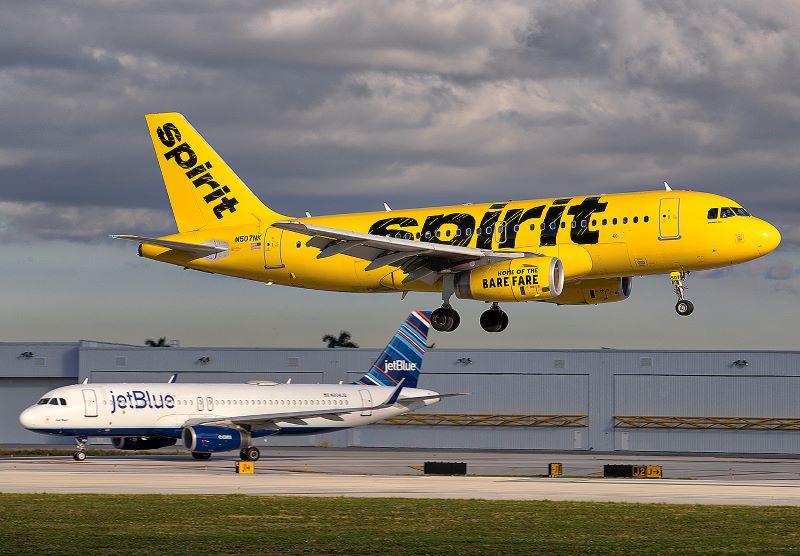
Credit: Joe Pries
JetBlue Airways is not backing down in its quest to acquire Spirit Airlines. In a letter issued May 16, JetBlue CEO Robin Hayes urged Spirit’s shareholders to vote against a competing offer from Frontier Airlines at an upcoming special shareholder meeting scheduled for June 10. “This will send a...
Subscription Required
This content requires a subscription to one of the Aviation Week Intelligence Network (AWIN) bundles.
Schedule a demo today to find out how you can access this content and similar content related to your area of the global aviation industry.
Already an AWIN subscriber? Login
Did you know? Aviation Week has won top honors multiple times in the Jesse H. Neal National Business Journalism Awards, the business-to-business media equivalent of the Pulitzer Prizes.

